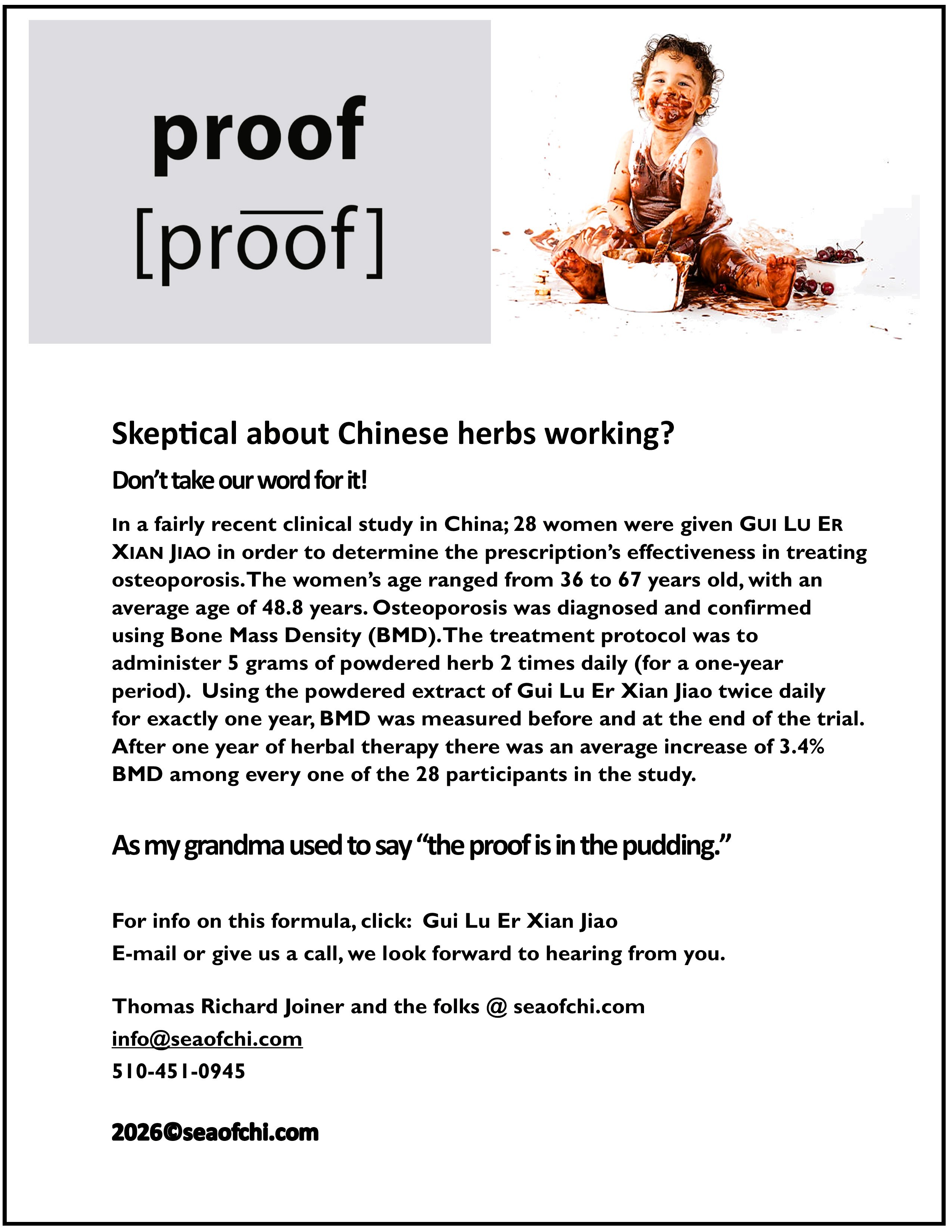Shopping Cart
0 item(s) - $0.00Migraine Pain and Headache Relief

头痛和偏头痛的自然解决方案
We offer all natural solutions to headache and migraine pain—without a doubt, the most common type of pain is headache pain. It may be felt all over the head, or it may occur in only one area such as the forehead, the back of the neck, or on one side of the head. Headache pain, which may be dull, throbbing, or sharp, can cause varying degrees of discomfort. Some types of headaches are especially painful and persistent but despite their symptoms do not indicate any progressive or serious disorder.
- What causes headaches? The main cause of headaches are tension due to stress, improper diet, alcohol abuse, colds, sinus congestion, concussion, persistent noise, constipation, poor posture, menstruation, ear infections, toothache, and food additives. Recent research has also shown that certain foods such as chocolate, cheese, and red wine trigger migraine attacks in susceptible people. Rare and more serious causes of headache are brain tumors, hypertension, temporal arthritis (inflammation of the arteries of the brain and scalp), and aneurysm (localized swelling of a blood vessel). Generally speaking, headaches fall into three categories: tension headaches, cluster headaches, and migraine headaches. The most common of the three, tension headaches, are caused by tightening in the muscles of the face, shoulders, and neck and usually result from stress or poor posture. Tension headaches can last for hours, days, or in some cases weeks. Cluster headaches, the rarest of the three forms, are characterized by intense pain behind one eye and insomnia. Cluster headaches can last for weeks or months. Migraine headaches, which are more serious and incapacitating and cause pain that has been described as excruciating, are often accompanied by visual or abdominal disturbances. Migraine headaches are normally periodic and can last for several days.
- Can headaches be prevented? Preventing a headache is more important than treating one and many of the known causes can be avoided, particularly if the sufferer knows what triggers the headache. If, however, headaches are persistent without an obvious cause and do not respond to self-treatment, medical advice should be sought, and appropriate tests should be performed to rule out the presence of a brain tumor or other serious disorder.
- How does Chinese medicine treat headaches? Traditional Chinese medicine has had success treating headaches using patent formulas like Pian Tou Tong, Qi Ye Lian, or Yan Hu Suo Zhi to relieve spasms, and tense neck muscles, to stop chronic and acute pain, relieve migraine headaches, neurogenic pain, as well as stress and tension related pain. You will find more information on these three formulas below.
Long-term use is highly recommended.

All Rights Reserved | © Sea of Chi 2026 | Web Design Company - DreamCo Design
The statements made have not been evaluated by FDA. Our products are not intended to diagnose, treat, cure or prevent any disease.









